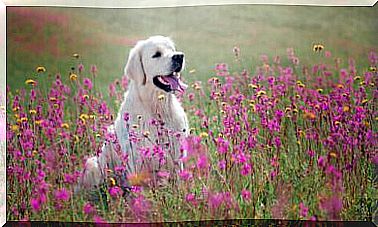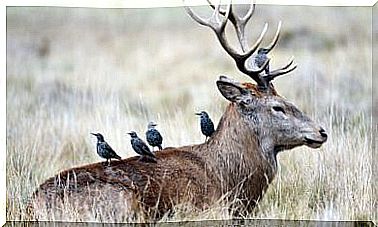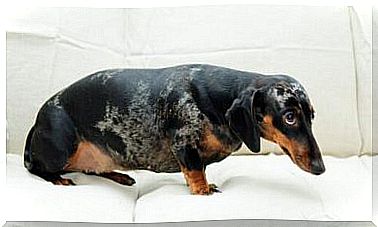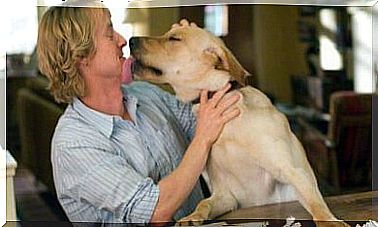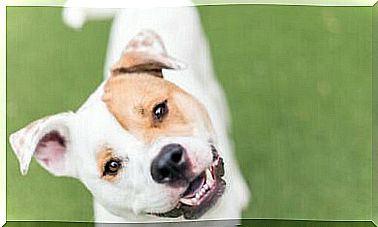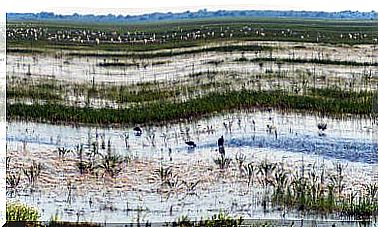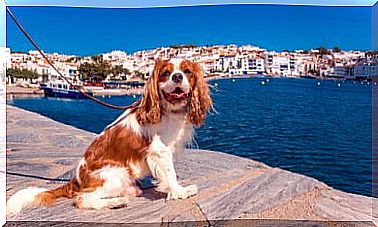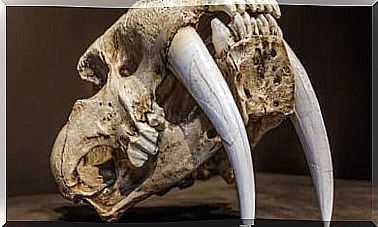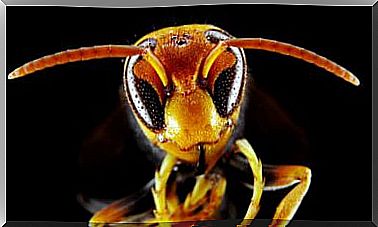Spain: The Gateway To Illegal Animal Trafficking In Europe
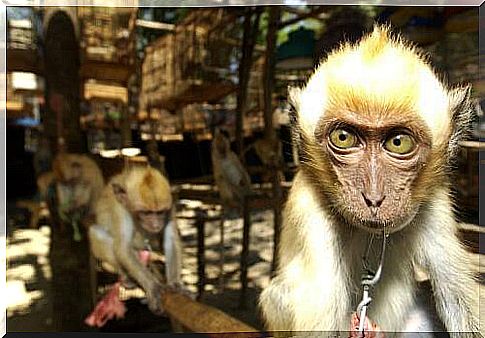
In Spain, the illegal trafficking of animals continues to benefit from the lack of political commitment in this area.
According to WWF, Spain has become the best gateway for illegal animal trafficking in Europe.
Spain: the failure of the fight against illegal animal trafficking
A recent WWF research is clear: it is imperative to implement concrete plans to combat illegal animal trafficking at national level!
The limited resources and means to combat this phenomenon are combined with the constant growth of internet sales : in Europe the demand for exotic species shows no sign of decreasing and Spain only facilitates the process due to the absence of regulations on the subject. .
Another problem is the lack of coordination between the different authorities, which in many autonomous communities do not have specific training.
The lack of public awareness on the subject is also a problem.
In fact, many people still do not know that it is illegal to keep a monkey as a pet.
The figures of illegal animal trafficking in Spain
WWF defines illegal animal trafficking as a cruel business on par with human trafficking, prostitution, arms and drug trafficking.
The difference, according to environmentalists, is that this crime is barely prosecuted despite its turnover amounting to 20 billion euros a year.
This activity is the second leading cause of biodiversity loss worldwide.
Endangered species, such as tigers and rhinos, are even more critically endangered by illegal animal trafficking.
The data revealed by the research is worrying: Spain is the main recipient of snakeskin, crocodile and other reptile skins.
One third of the reptile leather trade arrives in Iberian territory.
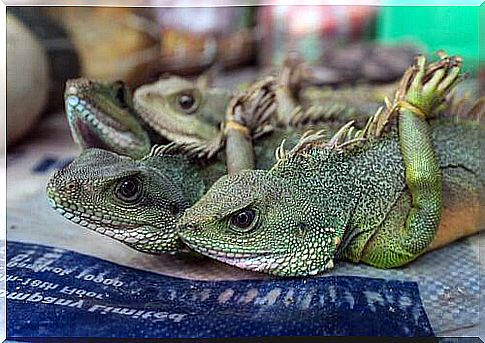
The figures on illegal trafficking in Spain are truly alarming: it is estimated that 92,000 mammals and 2.5 million reptiles have been imported, as well as millions of plants.
Most of these animals were alive and therefore destined to become pets.
Species subject to illegal animal trafficking
Spain has become the main entry point for this type of activity: animals from Africa, such as the Barbary ape and the Greek tortoise, are distributed throughout Europe starting from this country.
Animals can also arrive by plane: for example, exotic species from Latin America arrive closed in suitcases.
These are mainly parrots, but also primates and reptiles.
WWF research also highlights the relevance of hunting trophies.
Ivory and other parts of the African elephant are the most popular: in recent years, 1095 trophies belonging to this species have been seized in Spain.
One of the main victims of illegal animal trafficking is eel.
The business has grown to the point of reaching 1500 euros per kilo in some countries, including China.
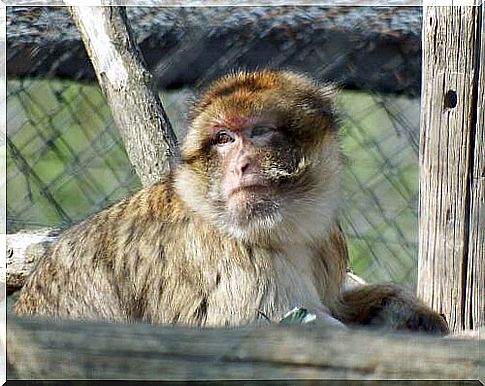
Spanish wildlife rescue centers are in danger
Furthermore, the WWF denounced the precariousness of the situation of rescue centers for exotic animals.
Of the 35 existing centers, only 5 can rely on a collaboration agreement, which however only subsidizes 10% of the actual costs for the maintenance of the animals.
When a specimen is captured and sent for illegal trafficking, it cannot be returned to its habitat.
He is thus forced to spend the rest of his life in captivity in one of these centers.
In the event of a seizure by the authorities, the animals become the property of the state.
Instead of setting up new rescue centers to house them, it moves them to existing centers, providing very little financial support.
Rescue centers for exotic wildlife include various zoos that use part of their facilities to provide relief to specimens that are victims of illegal trafficking.
In addition, there are also specialized places, such as primate sanctuaries.
